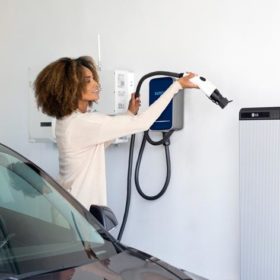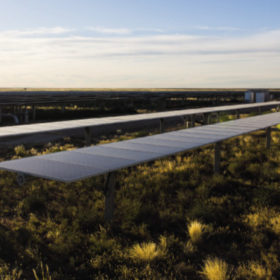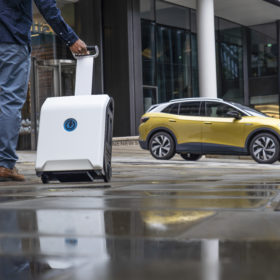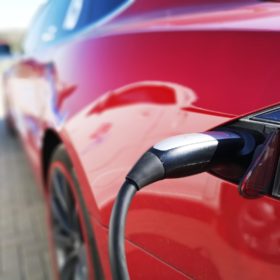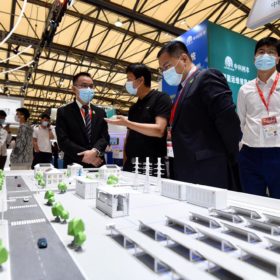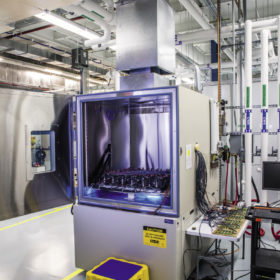The mobility rEVolution: Sunrun releases Level 2 EV charger
Sunrun has launched its new Level 2 EV charger for residential customers, while BYD has posted its highest monthly electric vehicle sales ever. Nissan, meanwhile, has revealed that it has decided to rent EVs, rather than sell them.
Global energy storage market set for rapid expansion by 2025
Taiwanese analyst TrendForce said it expects global energy storage capacity to reach 362 GWh by 2025. China is set to overtake Europe and the United States is poised to become the world’s fastest-growing energy storage market.
Sonnedix sells South African operation
The Spanish company says it wants to focus only on OECD member states, indicating a withdrawal from Africa. The sale includes a solar farm in the Northern Cape, which has reportedly been affected by module backsheet failures.
Smarter E Products: C&I battery from BYD
Chinese battery manufacturer BYD will this week introduce an expanded portfolio of energy storage systems designed for the commercial and industrial solar markets. At The smarter E, the company will also offer a sneak peak at a new high-voltage storage system expected to be launched later this year.
The mobility rEVolution: Portable EV charging stations for personal and shared use
In other news, BYD’s quarterly profit is up by 241% buoyed by demand for battery-powered cars, Ford takes a US$3.1 billion loss on its Rivian stake and cuts 580 jobs as part of corporate restructuring, and ABB agrees to provide its full portfolio of EV charging technology to Shell.
The mobility rEVolution: Quantum physics-based tech to cut EV charging time to nine seconds
In other news, StoreDot’s extreme fast charging EV technology gets one step closer to commercial viability and Volkswagen resumes European production. Moreover, Japanese carmakers are gearing up to claim their share of the European EV market.
Huawei and Yingli announce smart collaboration
The two brands announced a strategic project at the SNEC solar conference and trade show which will see the establishment of trading and big data centers to help roll-out PV in China.
DNV GL’s Battery Scorecard 2020 sees manufacturers focus on LFP and fire safety
The third annual scorecard published by the consultant has tested 22 batteries with different chemistries for cycling stability and temperature-dependent behaviour and identified significant product trends.
Chinese PV Industry Brief: Carmaker BYD unit sales down 20%, Xinyi Glass makes offer for China Glass
BYD more than doubled November vehicle sales but posted a drop in January-to-November business. Xinyi Glass is looking to grow its assets, while GCL-Poly is raising capital.
‘China must put EV battery reuse at heart of net-zero ambition’
The centralized nature of policymaking in Beijing would enable component standardization to ease the transition from EV to stationary energy storage use, according to Greenpeace East Asia.
